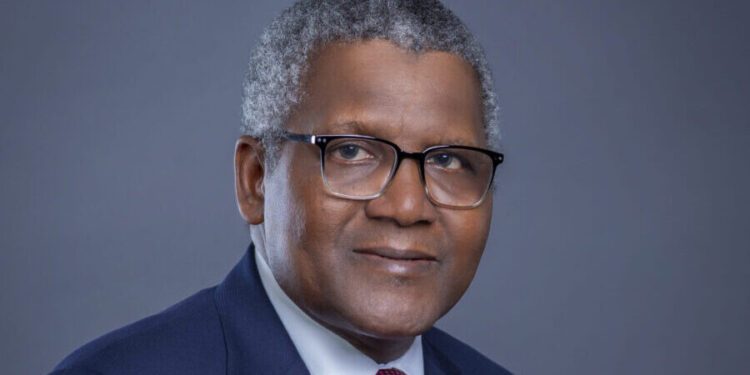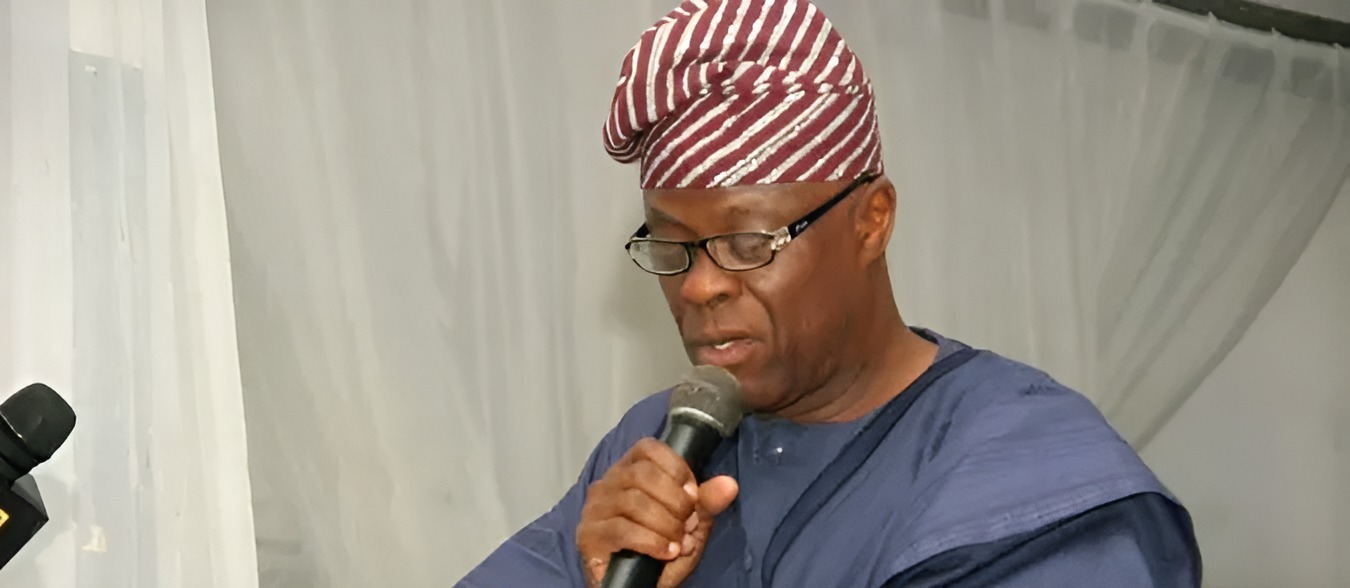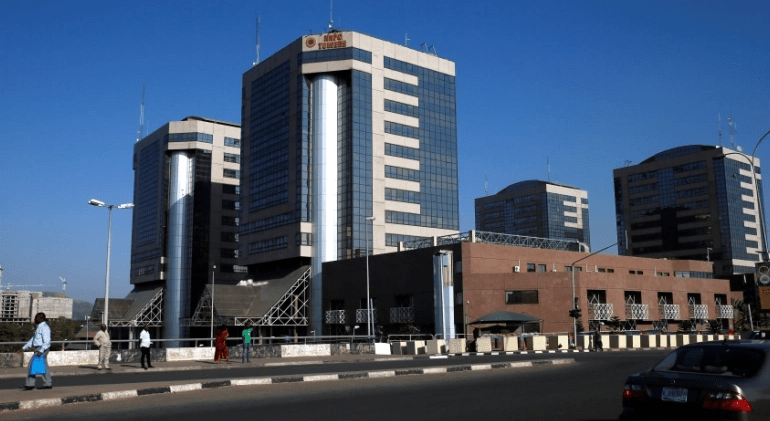TAYO OGUNBIYI urges the electorate to exercise their civic rights in the forthcoming election
Universally, democracy is referred to as the government of the people by the people and for the people to emphasise that it is the people who give impetus to democracy.
In essence, democracy cannot exist without the people. It is the people who set democracy in motion. It is the people who act as the oil that galvanise the wheel of democracy. Therefore, democracy cannot thrive where people display an indifferent attitude towards the political process.
The revelation that there are about 1.4 million unclaimed Permanent Voter Cards (PVCs) in Lagos State should undoubtedly get every enthusiast of democratic governance in the state and, indeed, the country concerned. According to reports, Lagos State has the highest number of unclaimed permanent voter cards in the country.
According to unconfirmed data, Lagos has 1,401,390 unclaimed PVCs, followed by Oyo with 647,586, and Edo, which had 449,001, while Kano has 195,941. A further breakdown shows that Bauchi State has the least number of uncollected PVCs, with 15,542, followed by Bayelsa and Plateau, which have 28,533 and 25,300 PVCs, respectively.
A 2012 INEC data aptly captures the sad trend in the nation’s political process. According to the statistics, only about 35% of the over 70 million who registered to vote in the 2011 general elections participated in voting. This implies that over 65% of registered voters did not partake in the process.
In the 2019 Governorship election in Lagos State, Governor Babajide Sanwo-Olu won by 739,445 votes. Whereas a total number of 6,570,291 voters registered for the election, the overall number of voters that took part in the poll was not up to a million. This is not good enough, as it has grievous implications for the prospect of democracy in the country.
For one, it ensures that leaders who attain political power via the votes of the minority rule over the majority. Second, it casts a serious aspersion on the kind of democracy we practice.
Also, it makes it hypocritical for those who did not turn out to vote to criticize those who were elected through the same process that they shunned. As it is often said, ‘you cannot eat your cake and have it’.
A lot of arguments have been put forward in defence of those who shun the political process. One of such is that votes don’t usually count in our country. This is anchored on the notion that the outcome of elections is often pre-determined. There is, thus, a conviction that the electoral process is a sham.
Similarly, many consider the political class undeserving of their votes because of their perceived insincerity in electoral promises. Another factor is what has been termed as the failure of political parties to embrace internal democracy, as evidenced in the alleged imposition of candidates and other such undemocratic tendencies.
However, irrespective of the genuineness of the argument, it is not enough for anyone to ignore the electoral process. In any case, when the majority refuses to participate in voting, that does not in any way invalidate the outcome of elections.
Sadly, we all suffer the consequences of staying aloof when the wrong people get into power. Active involvement in the political process signifies that everyone is a critical stakeholder, having the best interests of the country at heart. It is a practical demonstration of being a responsible citizen.
It is, therefore, important that Lagosians come out en masse to participate in the July 12 Local Government elections. It is an enormous responsibility that must be carried out with every sense of honour, dignity, and patriotism.
It is a sacred task that must be performed with utmost diligence and patriotism. This is because any slipshod choice that is made in the coming polls could portend great danger to the lives of generations yet unborn. It could jeopardize the future of the people at the grassroots.
The destiny of grassroots democracy in the State lies in the hands of the electorate. Whichever path grassroots governance follows in Lagos State will be a clear manifestation and disposition of the electorate toward the upcoming election.
For our hues and cries over bad governance and poor leadership, we won’t be able to absolve ourselves of complicity if we disregard our civic duties.
Unlike other forms of government, the beauty of democracy lies in the ability of the people to have a say in the choice of those who preside over the apparatus of governance. This is the rationale behind the popular affirmation of democracy as the government of the people, for the people, and by the people.
However, for the people to maximize the benefits of democracy, they need to appropriately play their role in selecting leaders of their choice.
Public security, infrastructure development, the economy, and much more are tied to the thumbs of the electorate. If we bungle things again, it would take us another four years or much more to get it right. This is, therefore, not the time for Lagosians to indulge in undue political apathy.
If democracy is to truly be the government of the people and for the people, the people must own the process from the beginning to the end. Active involvement in the political process signifies that everyone is a critical stakeholder, having the best interests of the State at heart.
It is important to stress that the worst illiterate is the political illiterate who takes no part in the political process. Sadly, he doesn’t understand that everything depends on political decisions. Ironically, he even prides himself on his political ignorance by openly sticking out his chest that he hates politics.
He doesn’t know that from his political apathy comes the prostitute, the abandoned child, the robber, and worst of all, corrupt and incompetent public officials. At the slightest chance, he blames the government for every woe in society but never really sees anything wrong in his apolitical posture.
On a final note, democracy is best defended by those it is meant for: the people. But for democracy to really serve the interests of the people, they must respect all democratic norms and principles. Today, we all look at some of the advanced democracies of the world with envy.
The truth, however, is that they have achieved greatness through the strengthening of grassroots democracy. Of course, there is no other way through which democracy could be strengthened other than the involvement of the majority in the democratic process.
For Lagosians, July 12 offers yet another opportunity to deepen democracy. Hopefully, the chance will not be misused.
Ogunbiyi is Director, Features, Ministry of Information & Strategy, Alausa, Ikeja




